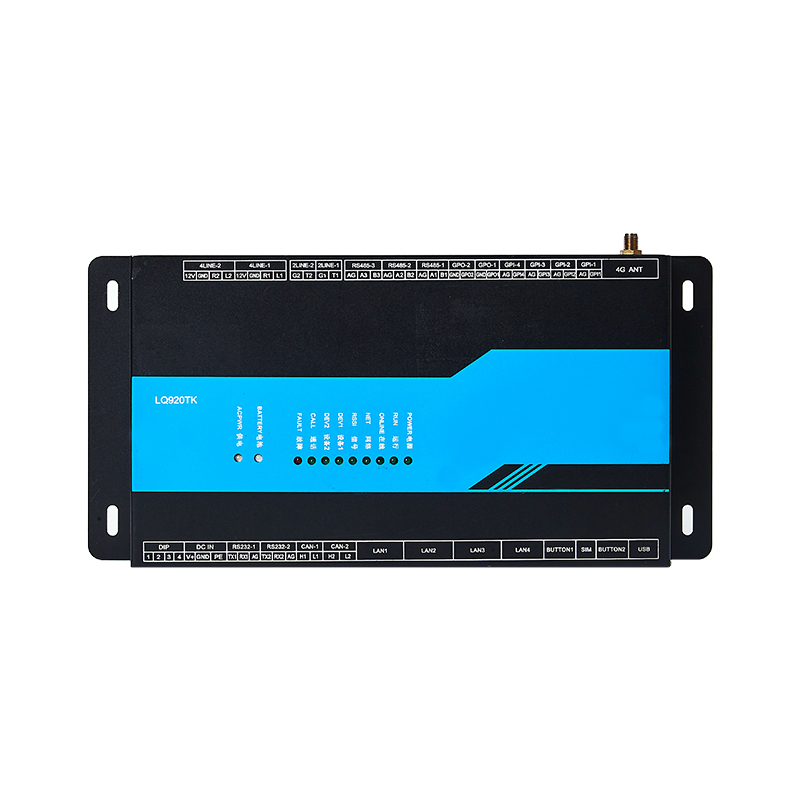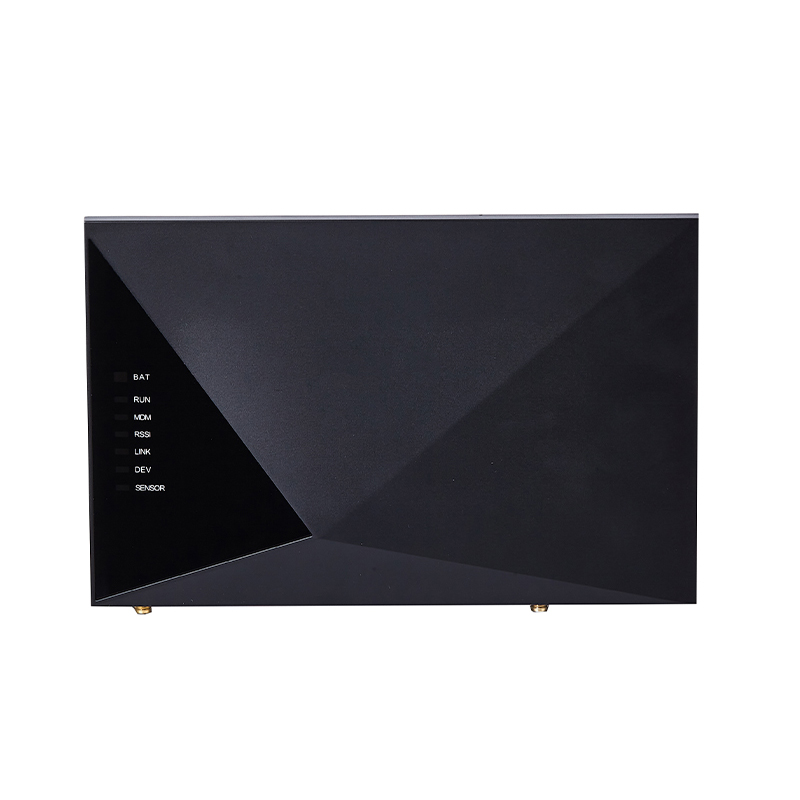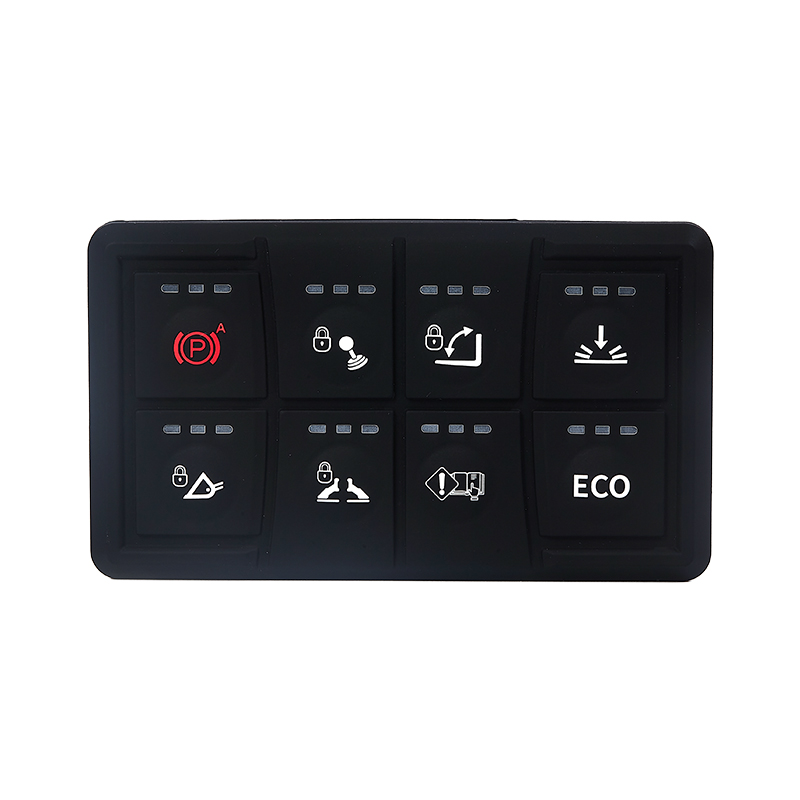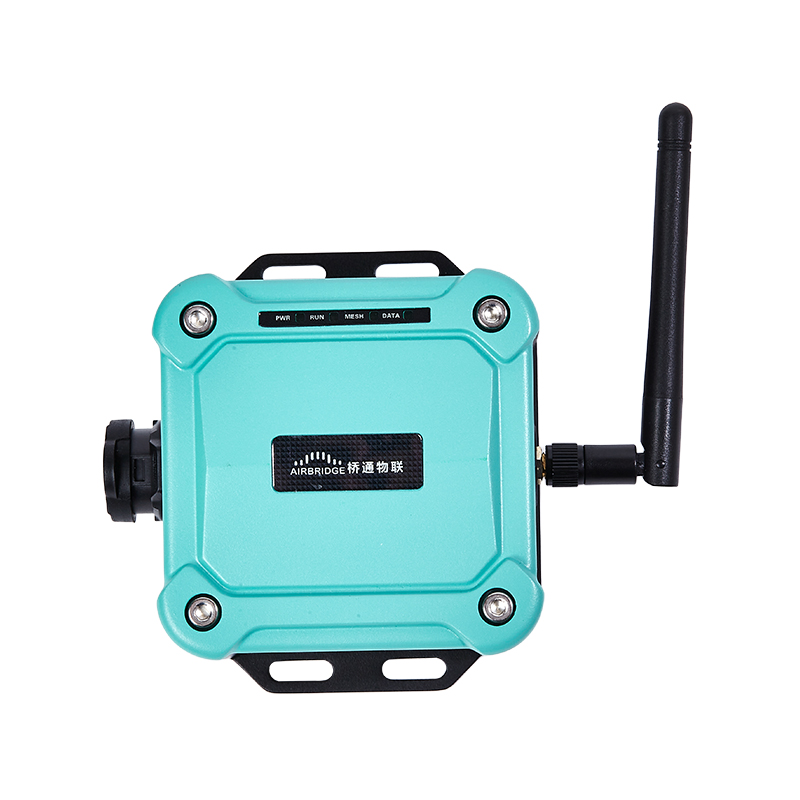What are the characteristics of industrial router's hardware design?
Release Time : 2025-01-23
The core processing unit of industrial routers usually uses high-performance industrial-grade processors, such as industrial-grade ARM9 CPUs. These processors have high processing speed and stability, and can cope with the needs of large data processing and complex protocol conversion in industrial environments.
In terms of storage, industrial routers are equipped with sufficient memory and flash memory space. For example, common configurations include 64MB (expandable to 256MB) of SDRAM and 8MB (expandable to 32MB) of FLASH, which ensures that the device can run efficiently and store necessary configuration data and log files.
The interface design of industrial routers is rich and diverse to meet the connection requirements of different industrial equipment. Common interfaces include Ethernet ports, RS232/RS485 serial ports, SIM card interfaces, etc. These interfaces support multiple communication protocols to ensure the wide compatibility of the equipment.
The hardware design of industrial routers fully considers the stability and reliability of the equipment. The use of industrial-grade components and high-precision components, as well as a wide temperature design (-35℃ to +75℃ or wider temperature range) ensures that the equipment can operate stably in harsh industrial environments.
In terms of power supply design, industrial routers usually adopt a wide voltage power supply design, such as DC 5-32V, to adapt to the power supply environment of different industrial sites. At the same time, the equipment also has power reverse connection protection and surge protection functions to ensure the stability and safety of the power supply system.
The antenna design of industrial routers is also very important. The use of high-performance, high-gain antennas, such as 5dBi external waterproof antennas, can significantly enhance signal reception capabilities and ensure stable data transmission.
In addition, the hardware design of industrial routers also focuses on security. The equipment supports a variety of encryption methods and security protocols, such as WEP, WPA, etc., to ensure security during data transmission. At the same time, the equipment also has firewall and packet filtering functions to prevent external attacks and illegal access.
The hardware design of industrial routers has significant features in processors, storage, interfaces, stability, power, antennas and security to ensure efficient, stable and safe operation of the equipment in industrial environments.







